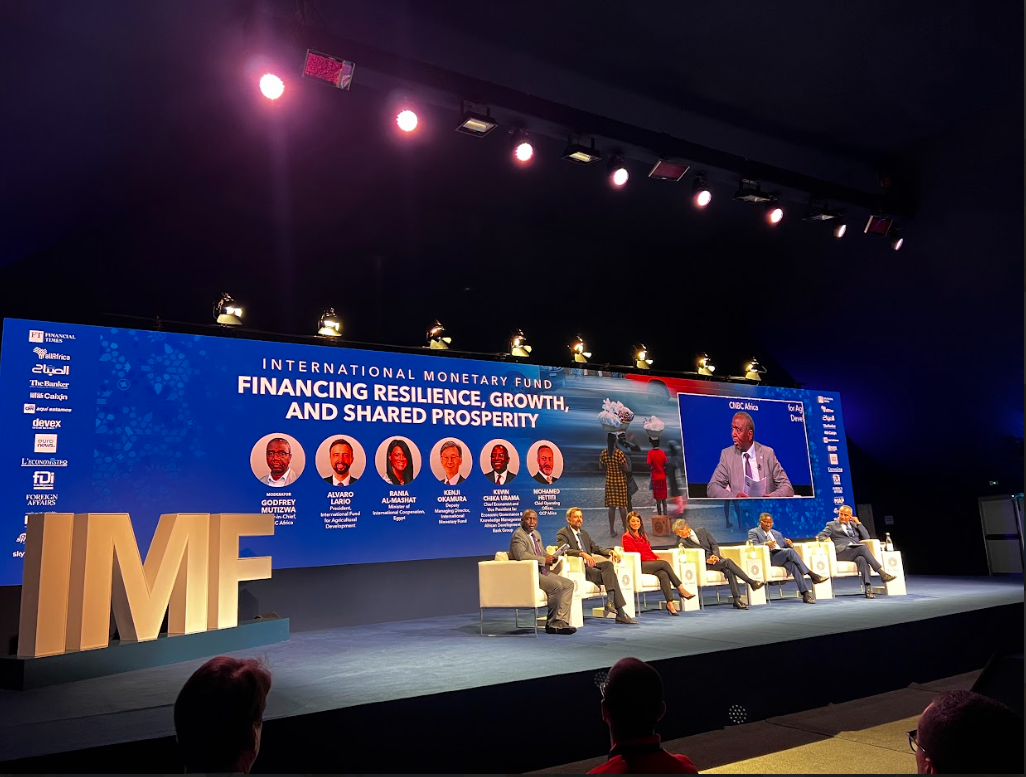As the Asian Infrastructure Investment Bank (AIIB) holds its annual meeting in Beijing this week, Fundeps, along with partner organizations from Latin America and other regions, supports the call for this institution to fulfill its promise to promote inclusive, environmentally sustainable development with effective civil society participation.
In an open letter (available here) to AIIB President Jin Liqun, a group of Latin American organizations presented a series of observations and proposals on how the Bank can better support initiatives to address the climate, environmental, and economic challenges affecting the region by developing a more strategic approach, supporting innovative strategies in the transport sector, and promoting a just energy transition, based on greater transparency and strengthening civil society participation.
The open letter, which is also supported by partner organizations in Europe and other regions, highlights the need for a new paradigm that guides infrastructure investments to effectively promote transparent, sustainable, inclusive, and climate-resilient infrastructure, moving beyond the conventional approach focused on top-down, planned, and imposed megaprojects. According to the Latin American civil society organizations, “new infrastructure should not negatively affect ecosystems or the habitats of local populations, especially the most vulnerable and marginalized groups… On the contrary, infrastructure investments should prioritize the quality of life of local communities and guarantee the integrity of ecosystems.”
“We have no doubt that incorporating the perspective of civil society in a structured manner can help the Bank identify integrated solutions better aligned with its climate commitments, anticipate social and environmental risks at an early stage, and improve the results of its interventions in the region,” said Daniel Lopes Faggiano, Executive Director of the Maíra Institute and co-author of the public statement. In the open letter, we conclude by noting that establishing spaces that promote the participation of civil society organizations could become a transcendental legacy of the outgoing AIIB President, Jin Liqun, whose term expires in January 2026.
About the Asian Infrastructure Investment Bank (AIIB)
The AIIB was established in 2016 under the leadership of China, with the aim of promoting infrastructure projects in Asia and other regions of the world. The Bank began operations with 57 founding members, an initial capital of US$100 billion, and its headquarters in Beijing. It currently has 110 members, of which 100 are “full members”—both regional members from Asia and Oceania and other regions—and 10 potential members. Full members from Latin America include Argentina, Brazil, Chile, Ecuador, El Salvador, Peru, and Uruguay.
More information
- AIIB Annual Meeting
- Asian Infrastructure Investment Bank
- Argentina in the AIIB
- The Asian Infrastructure Investment Bank and the Belt and Road Initiative: what are they?
- How to access information and make a complaint to the AIIB and the Belt and Road Initiative?
Contact
Gonzalo Roza, gon.roza@fundeps.org

